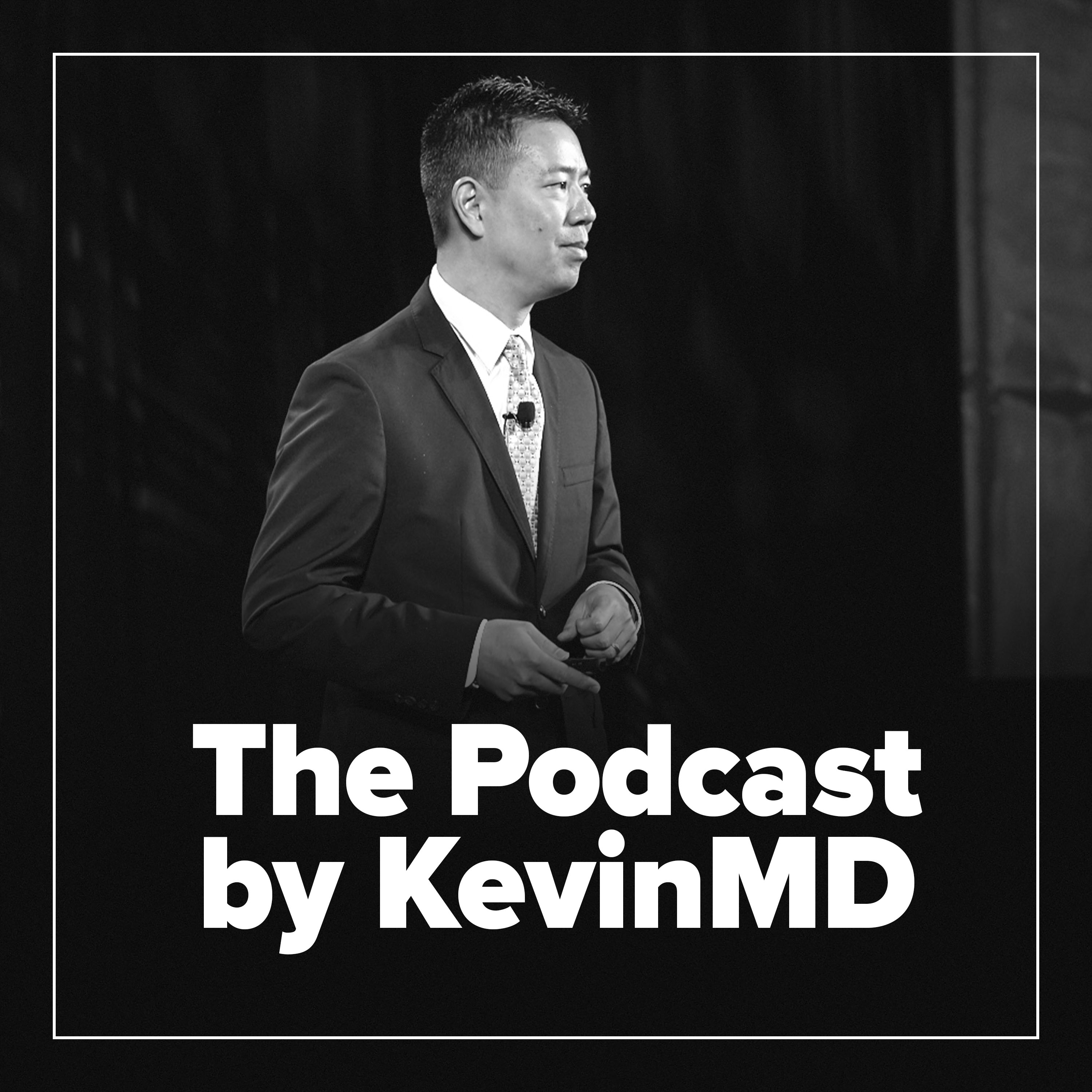When peer review goes wrong: the impact on physicians’ civil and constitutional rights
Join us for this episode with guest Farid Gharagozloo, a cardiothoracic surgeon, as we discuss the unintended consequences of the Health Care Quality Improvement Act of 1986 (HCQIA). While the act was designed to protect public health and safety by enhancing the peer review process and providing a national repository for reported information regarding medical malpractice payments and adverse actions involving physicians, it has resulted in the deprivation of civil and constitutional rights for physicians. The National Practitioner Data Bank (NPDB) reporting provision violates the Constitution’s fifth, eighth, ninth, and tenth amendments. There is a dire need for legal action and a corresponding insurance product to reclaim the constitutional rights for all physicians. Join us as we shed light on these egregious violations of physicians’ civil and constitutional rights.
Farid Gharagozloo is a cardiothoracic surgeon, professor of surgery, and surgeon-in-chief at the Institute For Advanced Thoracic Surgery, University of Central Florida College of Medicine, and UCF Lake Nona Hospital.
He shares his story and discusses the KevinMD article, “Unintended consequences of Health Care Quality Improvement Act: a violation of physicians’ civil and constitutional rights.”
The Podcast by KevinMD is brought to you by the Nuance Dragon Ambient eXperience.
With so many demands on their time, physicians today report record levels of burnout. Burnout is caused by many factors, one of which is clinical documentation. Studies indicate physicians spend two hours documenting care for every hour spent with patients.
At Nuance, we are committed to helping physicians do what you love – care for patients – and spend less time on clinical documentation. The Nuance Dragon Ambient eXperience, or DAX for short, is an AI-powered, ambient clinical intelligence solution that automatically captures patient encounters securely and accurately at the point of care. Physicians who use DAX have reported a 50 percent decrease in documentation time and a 70 percent reduction in feelings of burnout, and 83 percent of patients say their physician is more personable and conversational.
Rediscover the joy of medicine with clinical documentation that writes itself, all within the EHR.
VISIT SPONSOR → https://nuance.com/daxinaction
SUBSCRIBE TO THE PODCAST → https://www.kevinmd.com/podcast
RECOMMENDED BY KEVINMD → https://www.kevinmd.com/recommended
GET CME FOR THIS EPISODE → https://earnc.me/qluFyT
Powered by CMEfy.
































